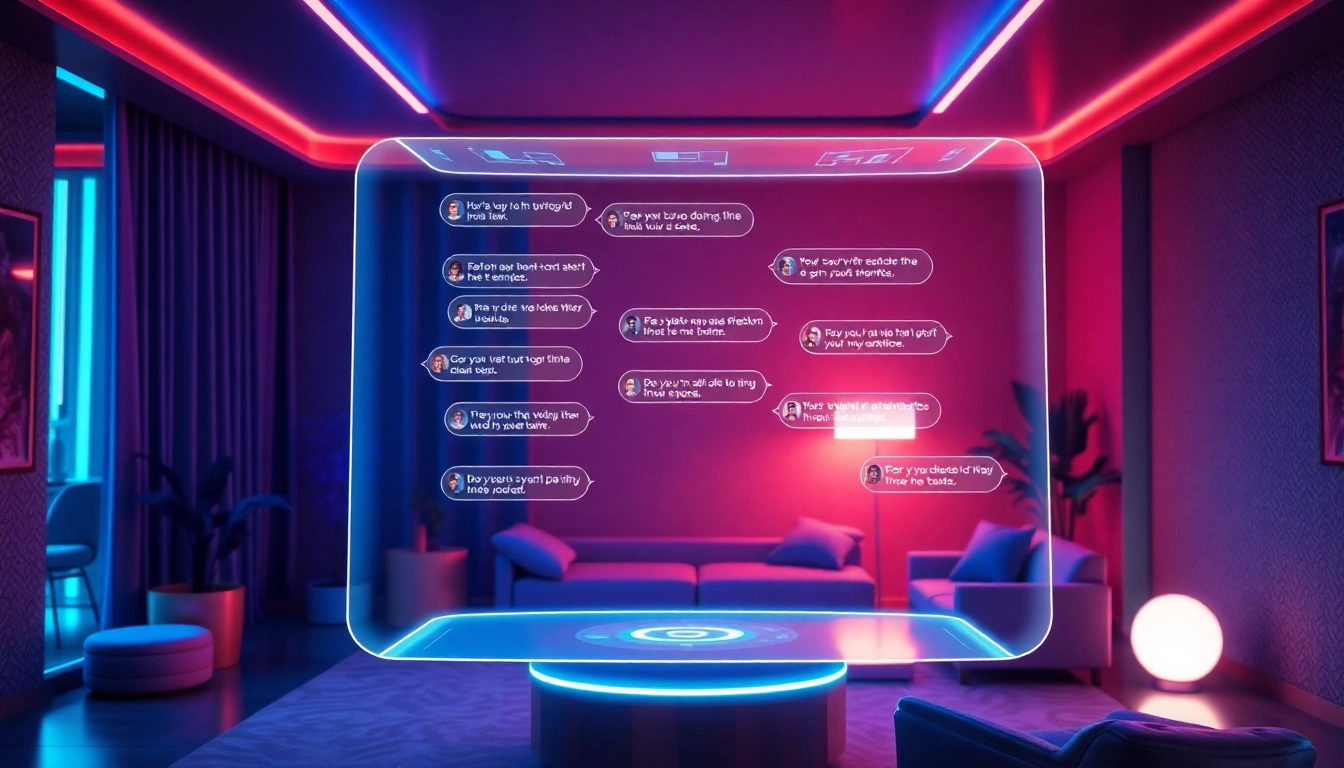Understanding the Emotional Impact of Relationship Breakup
Ending a romantic relationship is rarely an easy decision, and the feelings that arise post-breakup can be overwhelmingly complex. The emotional toll of a relationship breakup can affect individuals deeply, manifesting in various emotional responses that vary from person to person. Recognizing and navigating these emotions is the first step toward recovery and personal growth.
Common Feelings Experienced
After a breakup, it’s common to experience a wide range of feelings. Here are some of the most prevalent emotions:
- Sadness: A pervasive feeling after a breakup, sadness often stems from the loss of companionship and shared experiences. This emotion can lead to withdrawal from social activities and relationships.
- Anger: Anger can arise from feelings of betrayal, disappointment, or unresolved issues related to the breakup. It’s essential to process this anger healthily, as unaddressed resentment can lead to further emotional distress.
- Guilt: Individuals may feel guilt for how they handled the relationship or if they hurt the other person. These feelings can perpetuate emotional turmoil long after the breakup.
- Relief: Sometimes, ending a relationship can bring a sense of relief, particularly if the partnership was fraught with conflict. Recognizing this feeling is crucial for balancing the overall emotional landscape of a breakup.
- Loneliness: Losing a partner often means losing a confidant and support system, leading to feelings of isolation. This loneliness can exacerbate other emotional responses and extend the healing process.
The Stages of Grieving a Relationship
Understanding the grieving process can help individuals navigate their emotional recovery systematically. Here are the stages many go through:
- Denial: Initially, a person may struggle to accept the breakup, clinging to hopes for reconciliation. This stage can manifest as shock or disbelief.
- Anger: As the reality sets in, feelings of anger and frustration may surface, often directed at oneself, the ex-partner, or the situation at large.
- Bargaining: Individuals may try to negotiate solutions or revisit past decisions in hopes of salvaging the relationship. This is often characterized by “what if” scenarios.
- Depression: The weight of heartbreak can lead to deep sadness. This phase encourages individuals to confront the reality of their situation.
- Acceptance: Eventually, acceptance comes when a person acknowledges the end of the relationship. It doesn’t mean forgetting the relationship or the pain but rather understanding that it is a part of their journey and personal growth.
Recognizing Individual Differences in Reactions
Each person processes breakups differently. Factors such as personality, attachment style, previous experiences, and support systems can significantly influence how one copes with a relationship breakup. It is crucial for those going through a breakup to recognize their unique responses and validate their feelings, as this fosters healthier coping mechanisms and promotes healing.
How to Approach a Relationship Breakup Respectfully
Handling a breakup with respect is vital for both parties’ emotional health. Here are guidelines to approach this sensitive situation wisely:
Effective Communication Techniques
Approaching a breakup conversation can be daunting, but effective communication can help mitigate hurt feelings:
- Choose the Right Time and Place: Opt for a private, neutral setting where both individuals can express themselves openly.
- Be Honest and Direct: Clearly articulate your reasons for the breakup without placing blame. Avoiding ambiguity reduces confusion and allows for closure.
- Practice Empathy: Acknowledge the other person’s feelings and show compassion. Phrases like “I understand this is hard for you” can help soften the blow.
- Listen Actively: Allow your partner to express their feelings without interruption. Validating their emotions demonstrates respect, even in the face of disagreement.
Preparing for the Conversation
Preparation is fundamental to ensure that the breakup conversation is as respectful as possible:
- Reflect on Your Reasons: Understand your motivations for ending the relationship to communicate them clearly.
- Anticipate Reactions: Prepare for a variety of responses, from anger and sadness to questions. Being mentally ready helps manage the conversation better.
- Decide on Next Steps: Think about what you want after the breakup. Will you remain friends, or will it be a clean break? Having clarity about your intentions creates an easier transition for both parties.
Setting Boundaries Post-Breakup
Setting clear boundaries after the breakup is crucial for emotional recovery:
- Communicate Boundaries Clearly: Whether you wish to cut contact entirely for healing or remain friends, ensure both parties understand the new boundaries.
- Limit Social Media Interaction: Consider unfollowing or blocking each other temporarily to ease emotional strain during the healing period.
- Seek Support: Surrounding yourself with supportive friends and family can help reinforce boundaries and provide emotional safety during this transition.
Strategies for Coping With a Relationship Breakup
Effective coping strategies are essential for managing the emotional aftermath of a breakup. Here are some practical approaches:
Self-Care Practices to Implement
Self-care plays a critical role in healing after a breakup. Consider implementing the following practices:
- Physical Activity: Regular exercise helps boost endorphins, which can improve mood and reduce feelings of sadness.
- Mindfulness and Meditation: Practicing mindfulness can help ground you in the present moment, aiding emotional regulation and reducing anxiety.
- Creative Outlet: Engaging in creative activities, like writing, painting, or music, provides an emotional release and fosters self-expression.
- Balanced Nutrition: Eating well supports physical health and can positively influence mood, resilience, and overall well-being.
Seeking Support from Friends and Family
Building a support network is vital during this tumultuous time:
- Talk it Out: Sharing your feelings with trusted friends or family members can provide relief and comfort, validating your experience.
- Organize Social Activities: Engaging in social events helps combat feelings of loneliness and promotes connection and laughter.
- Be Honest About Your Needs: Communicate your need for support. Friends and family may want to help but often don’t know how.
Professional Help: When to Consider Therapy
If feelings of sadness or anger become overwhelming, seeking professional help can provide valuable support:
- Identifying Patterns: A professional can help you recognize unhealthy patterns in your relationships, leading you towards healthier interpersonal dynamics in the future.
- Guidance in Processing Emotions: Therapists can provide strategies to cope with grief and encourage healthy emotional expression.
- Support for Mental Health Issues: Engaging with a mental health professional is essential if you experience persistent feelings of depression or anxiety.
Moving Forward After a Relationship Breakup
Transitioning into a new phase following a breakup can be challenging but also offers opportunities for personal growth and development:
Embracing New Opportunities and Experiences
Breaking free from a past relationship opens doors to new experiences and self-discovery:
- Explore New Hobbies: Engaging in new activities can help ignite passions and foster social connections. Consider taking a class or joining a group.
- Travel: If circumstances allow, traveling can offer a fresh perspective and create lasting positive memories.
- Expand Your Social Circle: Making new friends can foster new connections and help you redefine your identity apart from your ex-partner.
Learning from Past Relationships
Reflecting on past relationships enables deeper self-awareness and personal growth:
- Identifying Patterns: Analyze previous relationships to identify recurring themes or behaviors. Understanding these patterns helps in making more informed choices in the future.
- Journaling: Documenting your thoughts and feelings can provide insights into what you desire from future partnerships and what you hope to avoid.
- Growth Mindset: Embrace the experience of the breakup as an opportunity for growth, allowing lessons to shape your future positive relationships.
Building Healthy Future Relationships
As you begin to enter new relationships, focus on fostering strong, healthy connections:
- Define Your Boundaries: Clearly articulate your personal boundaries early on, which fosters mutual respect and understanding.
- Prioritize Open Communication: Encourage honest dialogue about feelings, expectations, and past experiences to establish a strong foundation.
- Recognize Red Flags: Identify warning signs early on in a relationship, helping you avoid repeating past mistakes.
Resources for Managing Relationship Breakup Challenges
Access to helpful resources can provide additional support and guidance during this challenging time:
Helpful Books and Articles to Read
Engaging with literature that addresses heartbreak and recovery can offer insights and comfort:
- “It’s Called a Breakup Because It’s Broken” by Greg Behrendt: This book offers lighthearted advice on navigating breakups and moving on.
- “The Breakup Bible” by Rachel Sussman: A practical guide that provides actionable advice and exercises aimed at moving past a breakup.
Support Groups and Online Communities
Connecting with others who have experienced similar feelings can be incredibly beneficial:
- Attend Local Support Groups: Many communities offer support groups for individuals coping with grief and loss that can provide a sense of belonging.
- Online Forums: Platforms like Reddit feature communities where individuals share their experiences and advice related to breakups, offering solace and support.
Mental Health Services and Hotlines
If you find yourself struggling, remember that professional help is available:
- National Suicide Prevention Lifeline: A resource for immediate support during difficult times.
- Crisis Text Line: Free 24/7 support via text message to help those in emotional crisis.



